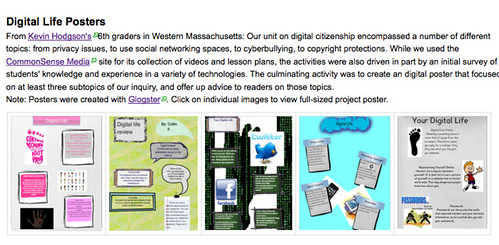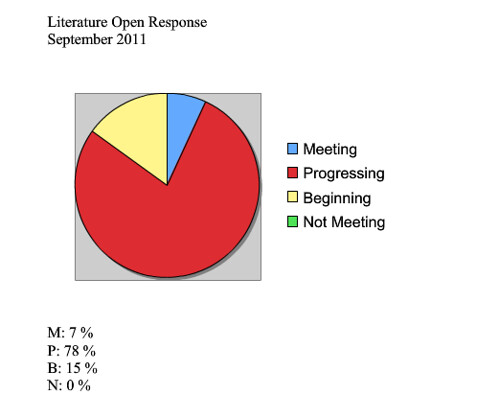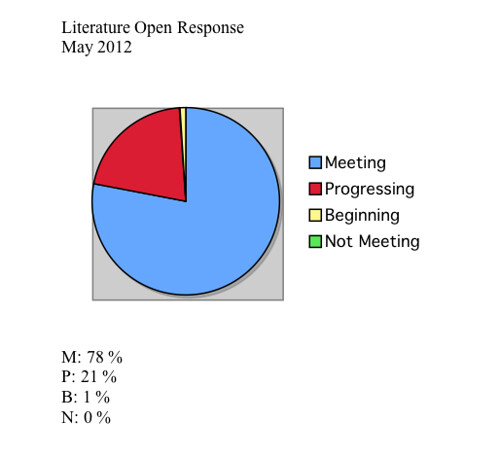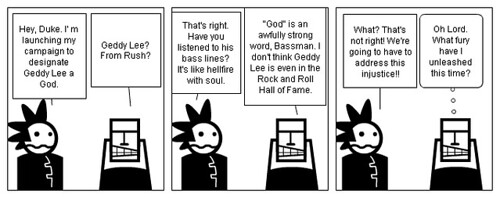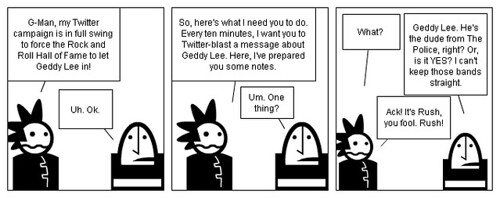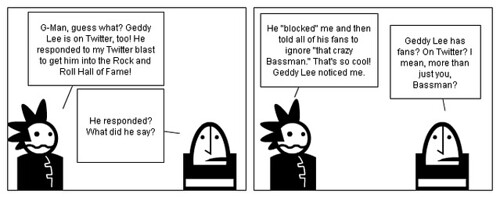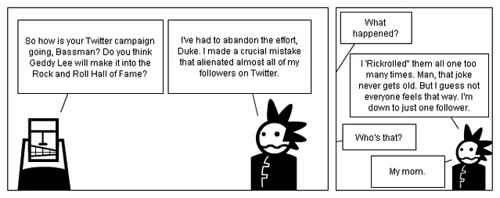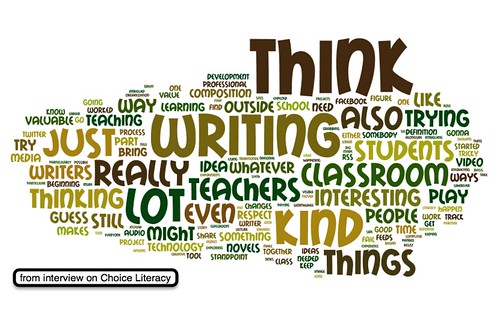
I am still reading the Hunger Game series, mostly because I keep getting spurred on by my students, who are devouring the series. Catching Fire is the second book. It didn’t quite hold me as much as the first one, but I am reminded of what I liked about the book and didn’t quite so much like about the movie: the inner voice of Katniss. That first person narrative voice is the most powerful element of the series, in my mind, and the writing in the present tense brings her fears and concerns right to the surface of every chapters. That keeps me hooked.
Here, Katniss is becoming the spark of a rebellion, and then is sent back into the games for a second time. There’s a bit more political intrigue going on, but this book feels like a second of a series of three — sort of like a placekeeper for the larger story unfolding in the dystopian world. I will be heading into Mockingjay soon, if only to say to my students: I read it. I mean, I like the books fair enough, but I see some other books in my stack I’d like to get to, too.
On a related note, there has been a flurry of editorials and letters to the editor in our local newspaper about The Hunger Games series. It began with a regular columnist, whose area of expertise for the paper has been bullying, and she came out pretty strongly against the book and movie. She cited its violence and glorification of killing. She said it has no place in the hands of young people, particularly younger children. Then, she admitted that she had not read the book.
Well … don’t shout out about a book that you haven’t read, for god’s sake.
Her editorial was quickly followed up by a stinging response that called her on the carpet for trying to cast judgments on a book that she has never even read. (Round of applause.) This writer acknowledged the violent theme, but noted that Katniss and others were trying to avoid the games and when forced to participate, mostly regretted the decisions. The writer also noted the political angle, and the Greek mythology that runs through the books. Finally, this response noted that the books are for Young Adults, or teenagers, not little children. The YA label is there for a reason.
That led to an editorial the other day from a local teacher, in response to the letter, in response to the original editorial. (OK< so I love local newspapers for allowing that kind of dialogue on the page to take place.) This teacher is well-respected in our community, and he noted:
“It is my firm belief that it is a great injustice we do our children to expose them to such violence because what it necessitates is a form of psychic numbing. Our hearts and minds are not intended to process this level of killing, let alone of children killing children, and for a young person to read such a book and to find it pleasurable there needs to be a switch that is turned off. “
I still feel mixed about my students reading The Hunger Games series, and I admit that I winced a little when I learned that our librarian had chosen the series for her sixth grade book club earlier this year. I’m no prude, I don’t think, but I know that not all young readers can distinguish the nuances of Katniss and her world (including her two love interests) as part of the larger narrative. This struck home the other day when I was in our library, and I was chatting with our librarian about something related to The Hunger Games (maybe I told her I was reading the second book) and a first grader overheard us, and said:
“I loved that movie.”
We both looked at this seven year old and then at each other, shocked. Until another first grader wandered up.
“Yeah. That movie was scary but cool.”
Yikes. The parent in both of us cringed. And I was reminded of that when I read the teacher’s editorial about exposure to violence in literature and pop culture. I don’t have the solution to fix the world, except to note that MY first grade son won’t be anywhere near The Hunger Games books or movies for quite a few years.
Peace (please),
Kevin
